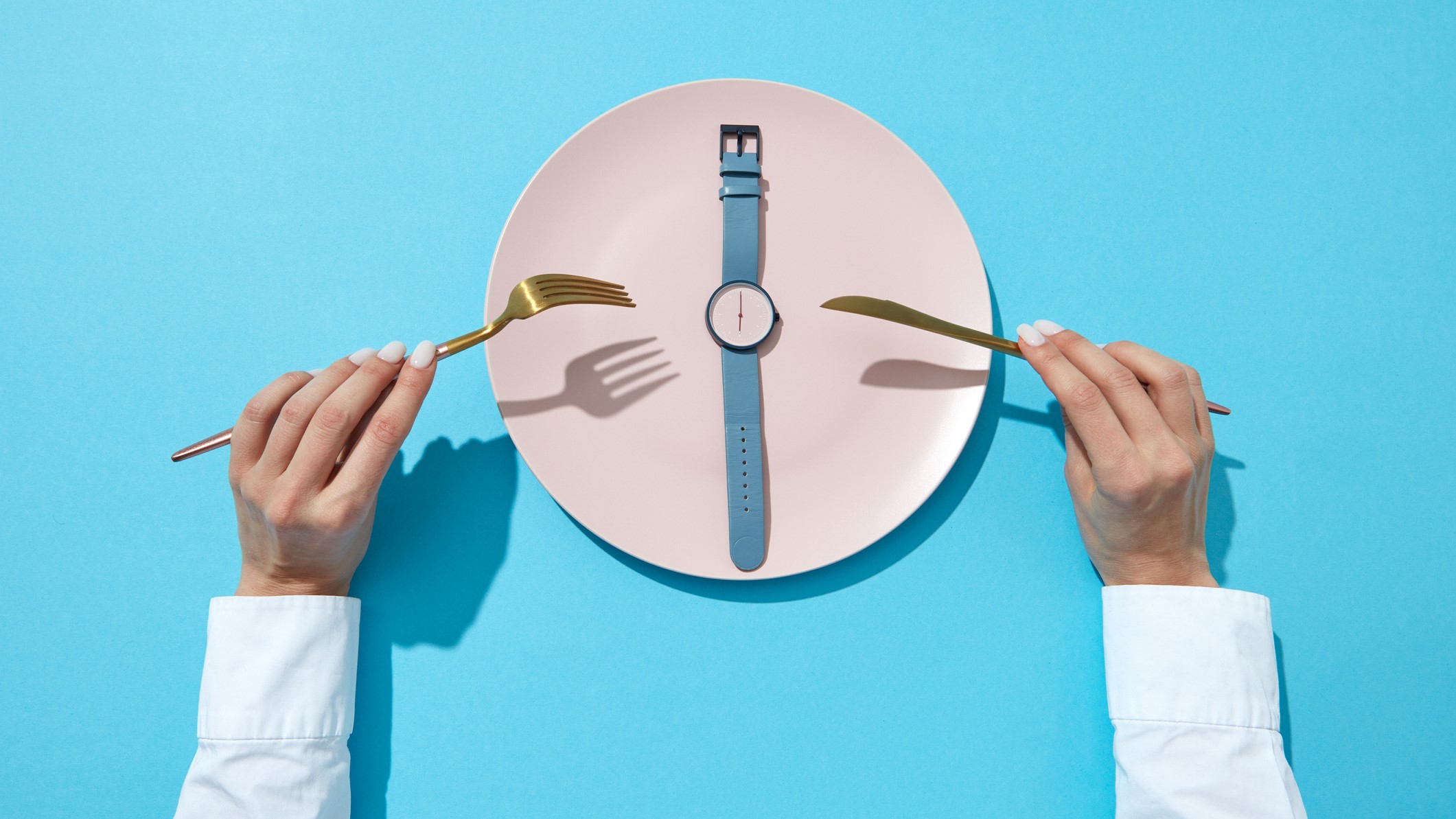Weight loss might be easier than you thought: just don't eat at night
A diet plan based on circadian rhythms could help ease you into intermittent fasting: VERY bad news for vampires


Weight loss diet plans based on fasting – or intermittent fasting if you like to be fancy – come highly recommended. From top athletes and bodybuilders to celebrity practitioners to normal people such as yourself, the concept of squeezing all your calories into a short period of time has become very popular. That's not just because the Kardashians do it. It's because it demonstrably works, if you have enough mental discipline.
Admittedly, one thing stopping more people from trying intermittent fasting is how hard it can be to adjust when first beginning the diet plan. However it turns out the notion of the circadian rhythm – see the Wikipeida entry for Circadian rhythms for the science – isn't just about sleeping better. It can help you lose belly fat too just by eating during daylight hours.
Unfortunately this is VERY bad news for vampires, but as we understand it, they don't really eat normal food anyway.
- Intermittent fasting: everything you need to know
- Is fasted cardio better for weight loss?
- Best running headphones
Fasting for a longer period of time than normal obviously makes you hungry. Even though practitioners of the diet plan eventually report appetite suppression and increased energy, the difficulty of adapting to the diet can cause some people to crack before they really have a chance to see the benefits.
That might be not because of the length of time you are fasting, but more about what time of day you choose to eat. A new study presented by Harvard University, originally published by the University of Alabama, sheds some light on why this may be.
The study focused on a group of obese men with prediabetes (indicators of diabetes that could develop in later life). Split into two groups, one half split their meals over a 12-hour period, while others ate from 7am in the morning to 3pm in the afternoon, which is known as "16:8" in intermittent fasting terminology.

Harvard University shared the following results:
Get all the latest news, reviews, deals and buying guides on gorgeous tech, home and active products from the T3 experts
"Both groups maintained their weight (did not gain or lose) but after five weeks, the eight-hours group had dramatically lower insulin levels and significantly improved insulin sensitivity, as well as significantly lower blood pressure.
"The best part? The eight-hours group also had significantly decreased appetite. They weren’t starving."
With significantly lower blood sugar, insulin sensitivity and appetite, the intermittent fasting group seemed to have an easier time sticking to the diet than expected. Harvard scholars theorise the timing of the meals – choosing to eat during the day, rather than at night – is what made this significantly easier for the group.

Harvard calls this the "circadian rhythm fasting approach". Citing research linking nighttime eating with obesity and diabetes, the idea is to eat during eight hours of sunlight, as our metabolisms have adapted to sleep in the evening and stay active during the day.
Just as the group in the study didn't report feeling hungry or starving, you might feel more satisfied, and find intermittent fasting easier to adopt, if you try the circadian rhythm fasting approach. If you've been struggling with the idea of tackling a 16:8 diet plan, place your eight-hour window from 7am till 3pm and get ready to reap the massive benefits on offer to intermittent fasters.
Liked this?
- Ketogenic diet: what is the keto diet and how can it help weight loss?

Matt Evans now works for T3.com sister brand TechRadar, covering all things relating to fitness and wellness. He came to T3.com as staff writer before moving on, and was previously on Men's Health, and slightly counterintuitively, a website devoted to the consumption of Scotch whiskey. In his free time, he could often be found with his nose in a book until he discovered the Kindle.